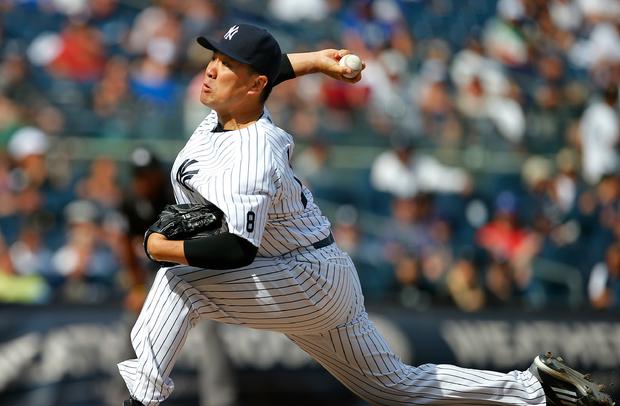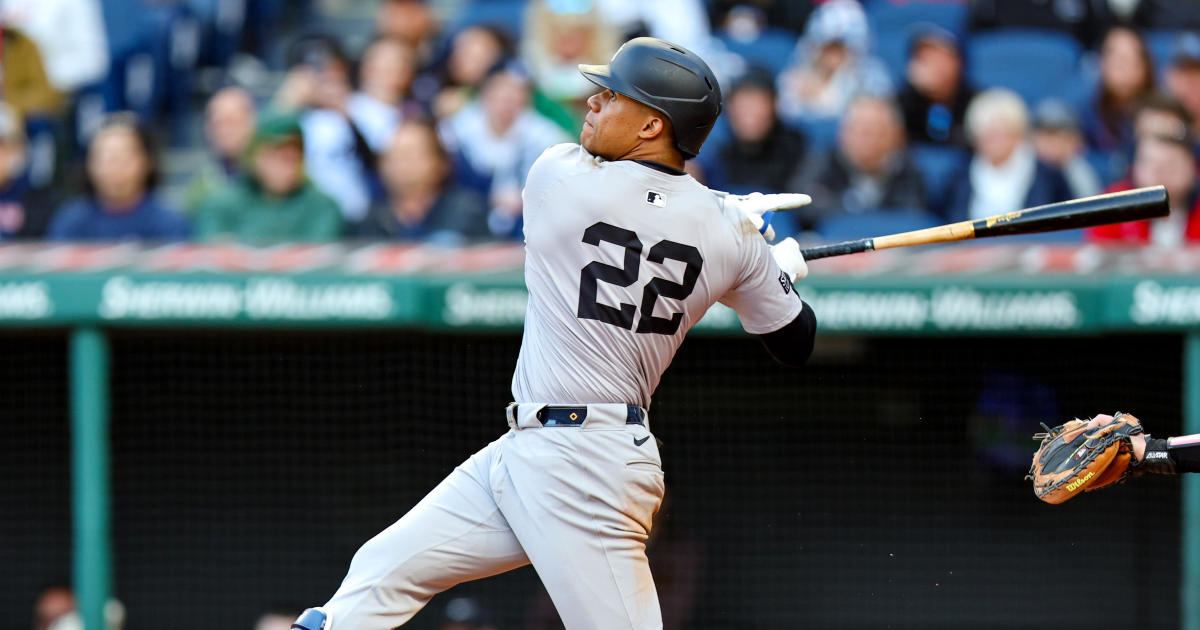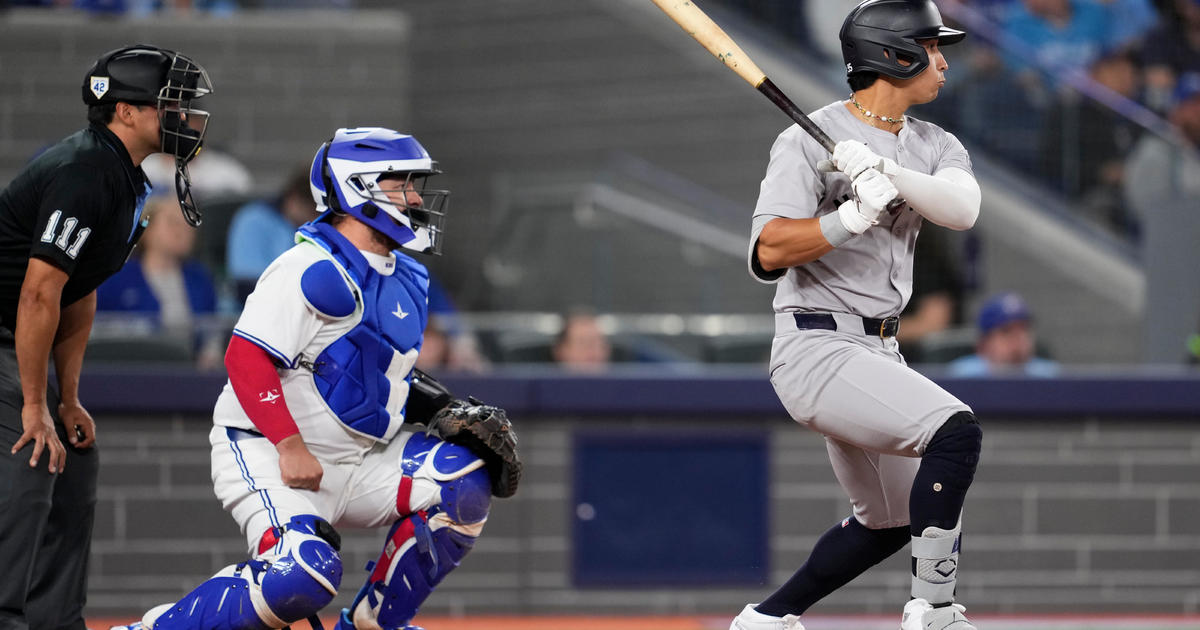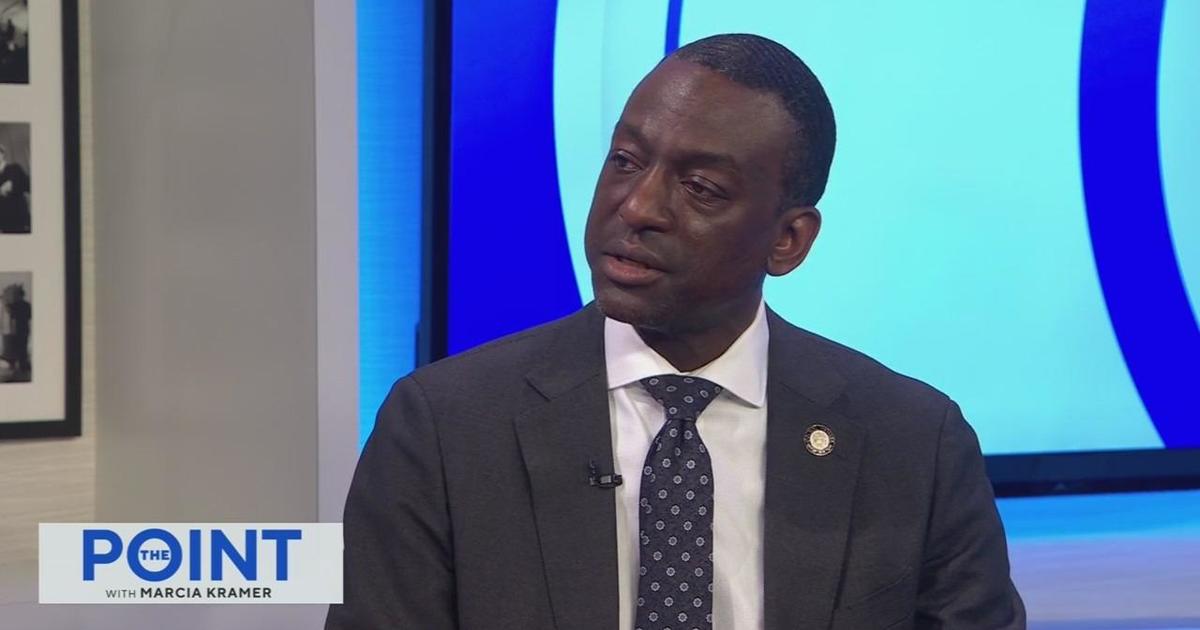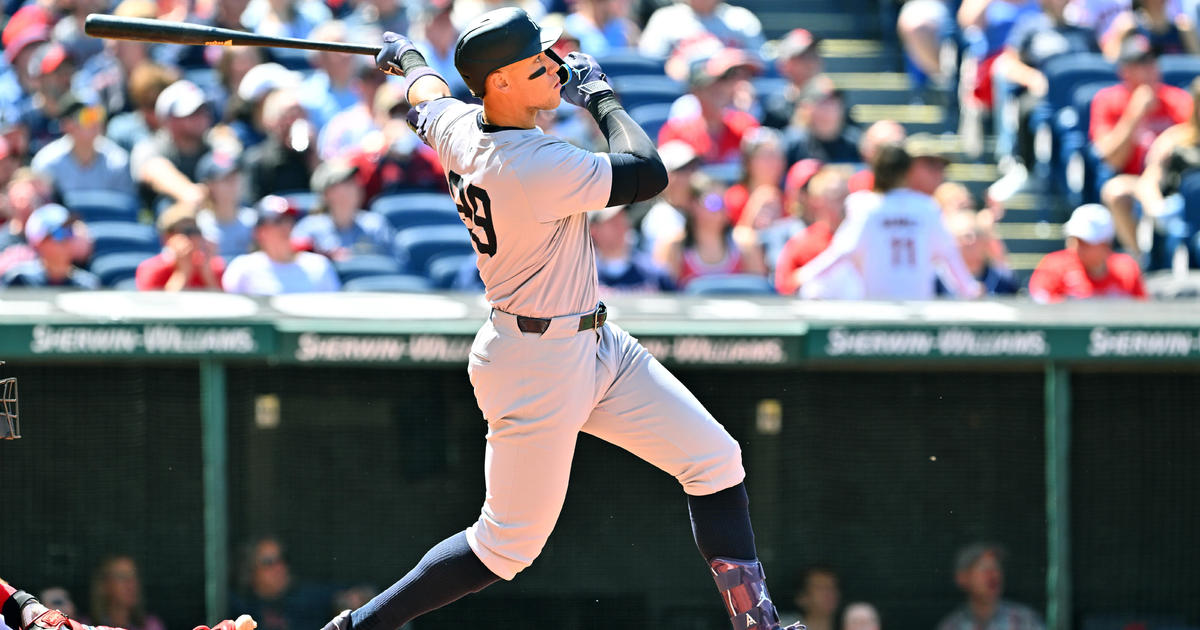Sweeny: Will Tanaka Opt Out After 2017? His Elbow May Provide Answers
By Sweeny Murti
» More Columns
From the time pitchers and catchers report next month until the end of October, you will hear a lot about Masahiro Tanaka's contract and his opt-out clause.
Will he or won't he? The debate is already raging. There seems to be an inevitability to the opt-out, but there is a different reality shaping up for Tanaka and it has everything to do with that teeny tiny whole in his elbow.
"There is no way he's opting out," one team executive told me.
"I think he'd be nuts to opt out," a veteran scout said to me.
"Very risky move," according to an agent I spoke with.
For the record, Tanaka's agent, Casey Close, politely declined to comment, while Yankees general manager Brian Cashman said simply, "We haven't focused on it in any way, shape or form."
Tanaka is entering the fourth season of a seven-year, $155 million deal (the Yankees paid an additional $20 million as a posting fee to Rakuten, his Japanese team). The contract includes an opt-out after this season, which would mean forfeiting the remaining three years and $67 million in hopes of getting a bigger contract.
Given recent spending, especially for elite pitching, there would be every reason to think Tanaka could cash in big. Zack Greinke, who is also represented by Close, used an opt-out at age 32 and turned it into a six-year, $206 million deal with Arizona last offseason. Tanaka could hit the open market three years younger when he turns 29 on Nov. 1.
But that elbow. That's the problem, and everyone knows it.
Halfway through his spectacular debut season in 2014 Tanaka hit the disabled list with a small tear in his ulnar-collateral ligament. The tear was small enough that Tommy John surgery was not recommended. After missing two-and-a-half months to rehab and strengthen the area around the ligament, Tanaka returned to the mound. He missed just over a month in 2015 with a wrist and forearm issue, but the elbow remained intact. Tanaka had a strong 2016 as he hit career highs with 31 starts and just under 200 innings.
But all the while, there has been lingering fear about the small tear in his elbow ligament. With Tommy John injuries so prevalent already in the sport, how much money would a team be willing to risk for a pitcher they know already comes with a greater chance to blow out?
We've all seen how good he is. Tanaka has posted a 1.045 WHIP and a 132 ERA-plus over his first three years with the Yankees. Last season alone he finished in the AL's top five in ERA, WHIP, WAR, strikeouts-to-walk-ratio, and FIP.
I asked a GM via text if he would be scared off of Tanaka because of the elbow even if the veteran right-hander came off another good year. The answer came back, "Yes."
"He would have to have a monster season with no setbacks to even consider opting out," the first team executive said. "But are you really going to leave $67 million on the table when you know Tommy John is coming? It's a helluva risk to opt out when he doesn't know how teams will view his medicals."
No other teams can access Tanaka's medical records until he officially opts out. And Tanaka can't hit the market to see what's out there and come running back to his Yankees contract if he doesn't like what he sees. That contract disappears the second he opts out.
Also, teams can only review existing medical records at that point. A team cannot conduct its own physical until the player reaches agreement on terms of a contract, which could then get rejected if the medical staff doesn't like what it finds when the player gets in a team's own MRI machine. That's what happened last year with Hisashi Iwakuma, who lost a multi-year offer from the Dodgers and returned to Seattle on a one-year deal.
Two other scouts I spoke to said they would recommend Tanaka for their clubs on a shorter-term deal if he pitched well and without issue in 2017. But that's not a no-brainer type of endorsement you would get for an otherwise healthy and dominant 29-year-old starter. Teams will be watching to see if he can repeat the durability he showed last season.
If he does, then the debate will really begin for Tanaka and for teams around the league.
One agent told me Tanaka would only opt out "to get the Yankees to add years and dollars, which they will do since they have no choice."
The Yankees were in a similar situation with CC Sabathia when he had the option to opt out after the 2011 season. Without another answer at the top of their rotation, Sabathia was given an extension that added one year plus an easily vesting option to the original seven years.
But the Yankees know the story Tanaka's elbow tells better than anyone else. Would they make a play or would they pass?
"I have no idea," Cashman said. "It depends on a lot of things. I haven't given it a lot of thought."
Another agent said Tanaka would "absolutely crush that guarantee (three years, $67 million) on the open market. If I'm his guy I just (wait)."
With young starting pitchers of that quality a rarity on the free agent market and more teams having money to spend, that agent suggested that a four-year, $100 million offer is "doable."
"(Teams) will come to him if he's healthy," that agent said.
But that's still a far cry from Greinke money. Is it enough to lure Tanaka away from the Yankees and New York, the team and city he chose when he left Japan three years ago?
"He came here to be a Yankee," one talent evaluator with extensive experience in Japan told me. "His comfort level and his commitment to the Yankees will be huge."
The concept of loyalty sounds unusual in today's sports landscape, but it is still a hallmark of Japanese culture.
Several major leaguers from Japan, including Hideki Matsui, Hiroki Kuroda, and Koji Uehara, have kept their families in one place even as they were forced to move away from their original MLB teams. Combine this comfort factor with a value of loyalty and that is a very easy statement for Tanaka should he choose to stay with the Yankees for the remaining three years on his contract.
Skeptics will see it as rationalizing his inability to cash in with a questionable medical record, but Tanaka would have a reason he could stand behind.
But Tanaka has maintained for the last two years that his elbow is not an issue. And he pitched like it last year. Another strong season and maybe he is interested in a bigger payday, in New York or somewhere else.
For the Yankees, it might come down to what they can do with that savings if his salary comes off the books and they eye the huge free agent class on the horizon after 2018, which includes Bryce Harper, Manny Machado, etc.
For every other team it will come down to how much they trust Tanaka's elbow ligament.
At the very least, there is ample incentive for Tanaka to produce that monster season that will make teams stand up and notice. And that would force both Tanaka and the Yankees to make a choice.
Follow Sweeny on Twitter at @YankeesWFAN
